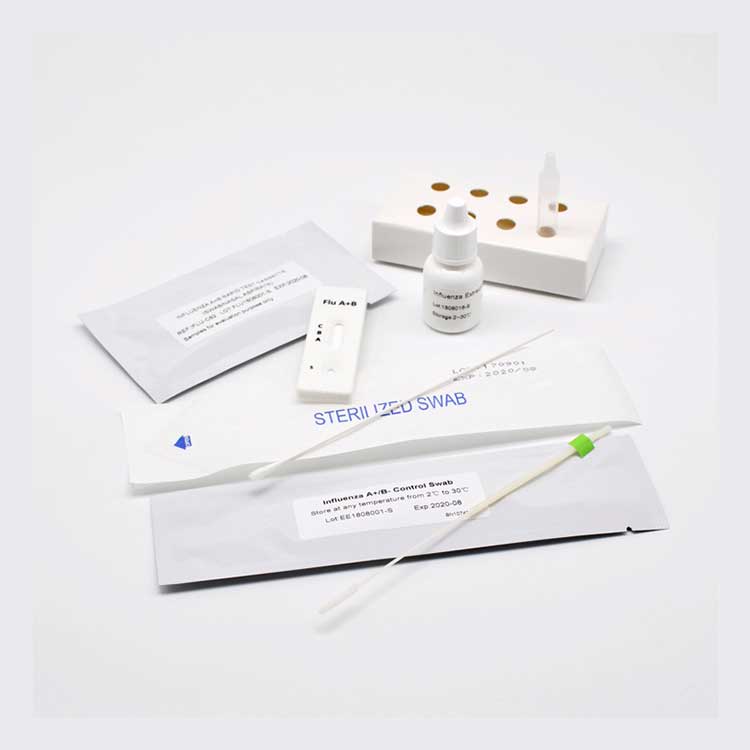Hepatitis Tests: Early Detection for Better Health
2025-03-22
Hepatitis is a serious condition that affects the liver, often caused by viral infections, alcohol use, or autoimmune disorders. Since many forms of hepatitis do not show symptoms in the early stages, timely testing is essential for early diagnosis and treatment. Hepatitis tests help detect the presence of the virus, assess liver function, and determine the appropriate medical response.
What is Hepatitis?
Hepatitis refers to inflammation of the liver, which can be caused by viruses, toxins, or immune system disorders. The most common types are hepatitis A, B, C, D, and E, each with different modes of transmission and health impacts. Some forms, such as hepatitis B and C, can become chronic and lead to liver damage, cirrhosis, or even liver cancer if left untreated.
Types of Hepatitis Tests
1. Blood Tests – These detect the presence of hepatitis viruses, antibodies, or liver enzymes that indicate liver damage.
2. Liver Function Tests – These measure enzyme levels in the blood to assess liver health and function.
3. PCR Tests (Polymerase Chain Reaction) – Used to detect and measure viral genetic material, helping determine the severity of infection.
4. Liver Biopsy – In some cases, a small liver tissue sample is taken to assess liver damage and disease progression.
5. Ultrasound and Imaging Tests – These help detect signs of liver inflammation, scarring, or tumors associated with chronic hepatitis.
Who Should Get Tested?
- Individuals with symptoms such as jaundice, fatigue, dark urine, or abdominal pain.
- People who have had unprotected sex or shared needles, which increase the risk of hepatitis B and C.
- Healthcare workers and individuals exposed to bodily fluids in their profession.
- Those with a family history of hepatitis or liver disease.
- People who received blood transfusions before proper screening procedures were in place.
Benefits of Early Hepatitis Testing
- Early Detection and Treatment – Catching hepatitis in its early stages allows for timely medical intervention, reducing the risk of severe complications.
- Preventing Disease Spread – Identifying infections helps prevent transmission to others through lifestyle changes or medical precautions.
- Monitoring Liver Health – Regular testing helps track disease progression and assess liver function for better treatment planning.
- Peace of Mind – Knowing your hepatitis status allows for informed decisions about healthcare and lifestyle adjustments.
Conclusion
Hepatitis tests are crucial for early detection and effective disease management. Whether you are at risk or experiencing symptoms, timely testing can make a significant difference in protecting your health and preventing complications. Regular screening, vaccination, and a healthy lifestyle are key steps in managing and preventing hepatitis.



